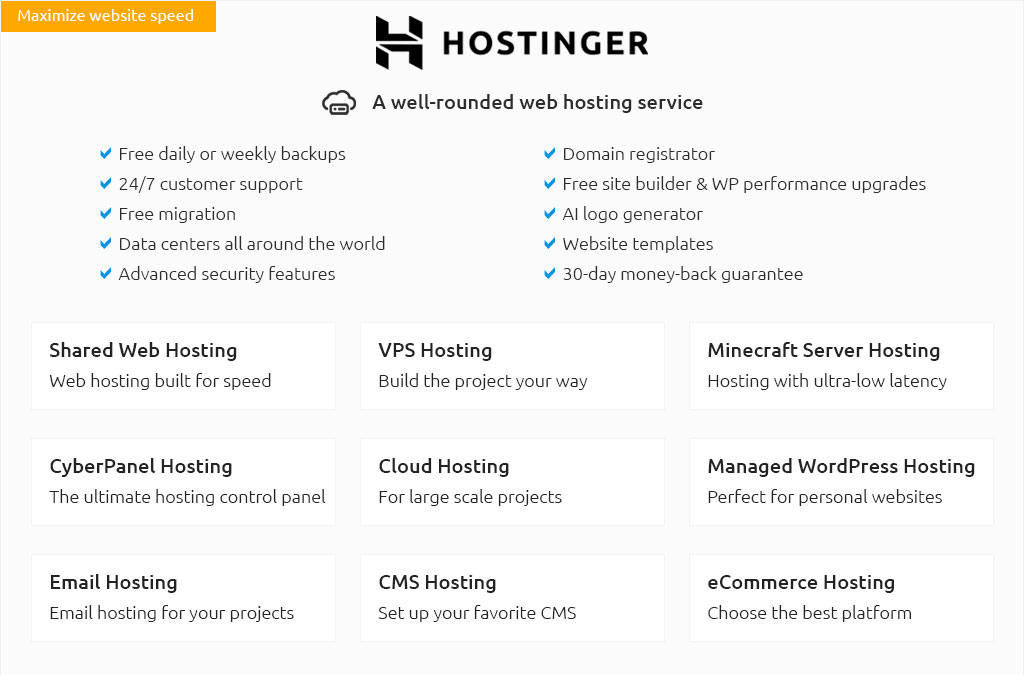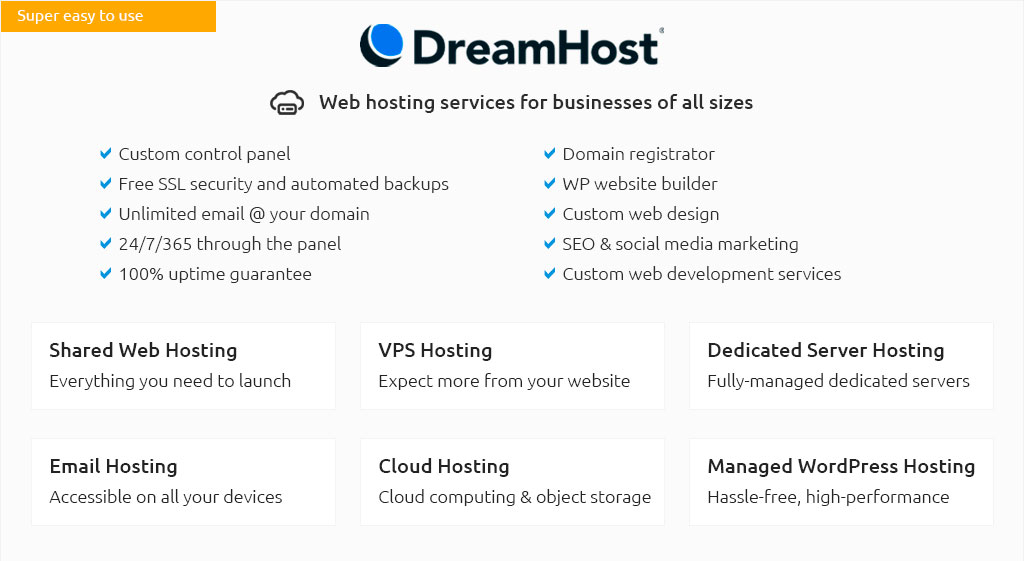 |
|||
 |
 |
 |
|
 |
|
 |
 |
 |
|||
 |
|||
 |
|||
 |
|||
 |
 |
|
Unlock the digital realm with our incisive web hosting reviews, where we cut through the clutter to spotlight the true titans of shared web hosting services-say goodbye to generic recommendations and hello to tailored insights that empower your online journey; whether you're launching a passion project or scaling an enterprise, we've got the inside scoop on the most reliable, lightning-fast, and cost-effective solutions that redefine performance and reliability, ensuring your website doesn't just survive, but thrives in the competitive online landscape-step into a world where your online presence isn't just hosted, but elevated.
https://www.techradar.com/web-hosting/best-shared-web-hosting
HostGator is a hugely popular provider with a strong range of low-cost but mostly very capable shared hosting plans. https://en.wikipedia.org/wiki/Shared_web_hosting_service
Shared web hosting service - 1 Description - 2 Shared web hosting services - 3 Implementation. 3.1 IP-based; 3.2 Name-based; 3.3 DNS and name servers - 4 See ... https://www.bluehost.com/blog/what-is-shared-hosting/
Shared hosting allows you to host multiple domains under a single hosting account. This feature is particularly advantageous if you have ...
|